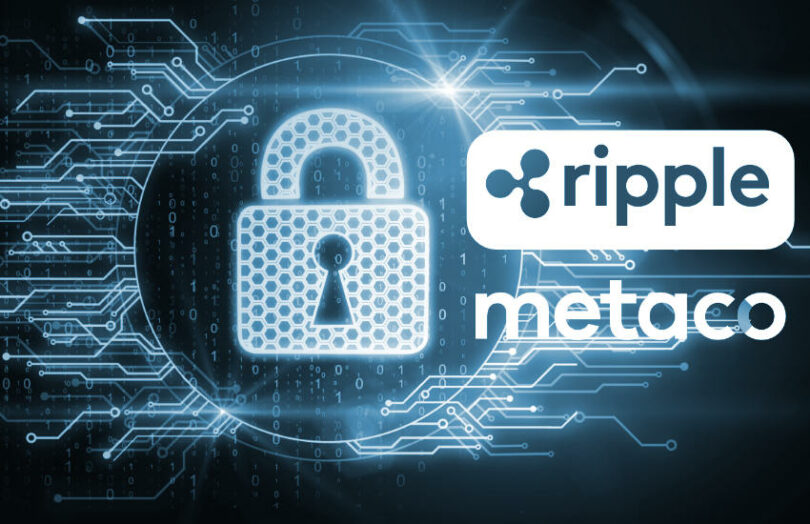Today Ripple announced it is paying $250 million to acquire 100% of Metaco, the Swiss digital asset custody firm. Metaco’s technology is used by a raft of mainstream banks. Since mid-2021 alone, it has signed up BNP Paribas Securities Services, SocGen Forge, Citi as well as German banks DekaBank and DZ Bank. Other banking clients include DBS, BBVA and Standard Chartered’s Zodia Custody.
Metaco is one of the few major custody firms not to have done massive capital raisings. It has raised just $20 million, including $17 million in 2020. In contrast, custody firms such as Copper and Anchorage have raised hundreds of millions, and Fireblocks over a billion.
Founder and CEO Adrien Treccani will stay on as CEO with Metaco being run as a separate brand.
“Through the strength of our balance sheet and financial position, Ripple will continue pressing our advantage in the areas critical to crypto infrastructure. Bringing on Metaco is monumental for our growing product suite and expanding global footprint,” said Brad Garlinghouse, CEO of Ripple.
While Ripple currently grabs headlines for its high profile lawsuit with the SEC over the XRP cryptocurrency, the company isn’t new to servicing banks. Historically Ripple offered banks its RippleNet solution, a permissioned payment messaging system that competes with SWIFT and does not use XRP. It attracted some big name banks such as Santander and MUFG. But the banks privately voiced frustration at the conflation of their Ripple activities with crypto and XRP. That conflation might be demonstrated in the almost 6% spike in the price of XRP during the past 24 hours (rather than the time of the formal announcement).
More recently, Ripple has made big moves in central bank digital currency (CBDC). These types of digital currencies invariably involve banks as intermediaries. So the alliance with Metaco makes sense for Ripple.
What remains to be seen is how happy some of Metaco’s institutional clients are about the takeover. On the one hand, Ripple’s technology skills are highly regarded. The question is whether the SEC lawsuit creates discomfort.






